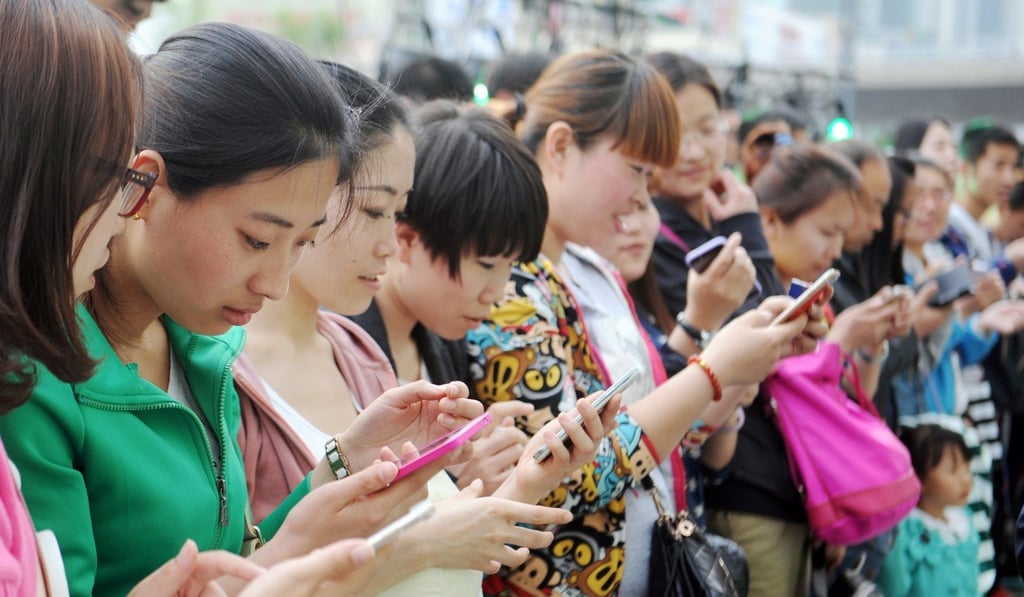Asian cities poised to carry the torch for the smart city movement
McKinsey report says Asia’s next generation of professionals are not only more accepting of doing things the digital way, but already demand a seamless experience

Asia’s major cities, and their hi-tech-savvy younger generation, are poised to play a more crucial future role in making urban life easier through the use of smart technology, a new McKinsey report predicts.
The report measures “smartness” by the adoption levels of technology-led infrastructure, the availability of smart applications and urban residents’ embracing of such offerings, spanning from real-time public transit information to tele-medicine, or remote diagnosis of diseases.
New York, Singapore and San Francisco are still the global top three performers – but they are closely followed and being caught up quickly by mainland China cities Shenzhen, Beijing and Shanghai, and the South Korean capital Seoul, where the McKinsey study says increasing numbers of Asian residents are already embracing big data and the very latest in technology. The McKinsey Global Institute, the consultancy’s research arm, measured 50 major cities around the world on their smart progress so far.
“The fortunes of the emerging economies will be shaped by what happens in their cities – and Asia, with its young population of digital natives and biggest urban problems to solve, appears poised to carry the torch for the smart-city movement in future,” the McKinsey study concludes.

The world’s most-developed cities still lead in building the underlying information technology infrastructure, including sensors and devices to obtain data, fast communications networks and open data portals for government agencies to better share data with the public, with those in North America
also lead the way in the roll-out of smart applications.
